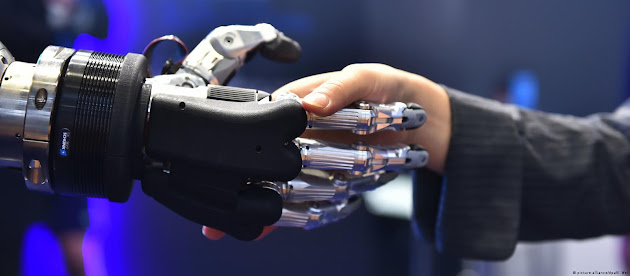Artificial Intelligence (AI) and Machine Learning (ML) are two of the most exciting and rapidly evolving fields in technology. Over the past decade, these technologies have made significant advancements, and their impact is being felt in a wide range of industries, from healthcare and finance to transportation and retail.
AI is the development of computer systems that can perform tasks that typically require human intelligence, such as visual perception, speech recognition, and decision-making. Machine learning, on the other hand, is a subset of AI that focuses on algorithms and statistical models that enable computer systems to learn from data, identify patterns, and make predictions.
One of the most significant advancements in AI and ML is the ability to process large amounts of data in real-time. This has revolutionized the way businesses operate, allowing them to make data-driven decisions and gain insights into customer behavior and market trends.
In the healthcare industry, AI and ML are being used to improve patient outcomes by enabling physicians to diagnose diseases more accurately and quickly. For example, computer-aided diagnosis systems use ML algorithms to analyze medical images and provide doctors with actionable insights. This not only speeds up the diagnosis process but also helps to reduce the risk of human error.
Another area where AI and ML are making a big impact is in the field of finance. Banks and financial institutions are using these technologies to detect fraud, improve risk management, and enhance the customer experience. For example, machine learning algorithms can be trained to identify patterns of fraudulent behavior, such as unusual transactions, and flag them for review.
In the transportation sector, AI and ML are being used to improve safety and efficiency on the roads. Self-driving cars, for example, use AI algorithms to analyze sensor data and make decisions about how to navigate traffic and avoid obstacles. This technology has the potential to significantly reduce the number of accidents caused by human error.
The retail industry is also benefiting from AI and ML advancements, with retailers using these technologies to provide customers with a personalized shopping experience. For example, online retailers can use ML algorithms to analyze customer data, such as purchase history and browsing behavior, and make recommendations based on that information.
In conclusion, AI and ML are transforming the future of technology, and their impact is being felt across a wide range of industries. These technologies have the potential to solve complex problems, improve efficiency, and enhance the lives of people everywhere. As AI and ML continue to evolve, we can expect to see even more exciting advancements that will change the way we live and work.
#ArtificialIntelligence #MachineLearning #AIAdvancements #FutureOfTech #DataDrivenDecisions

No comments:
Post a Comment